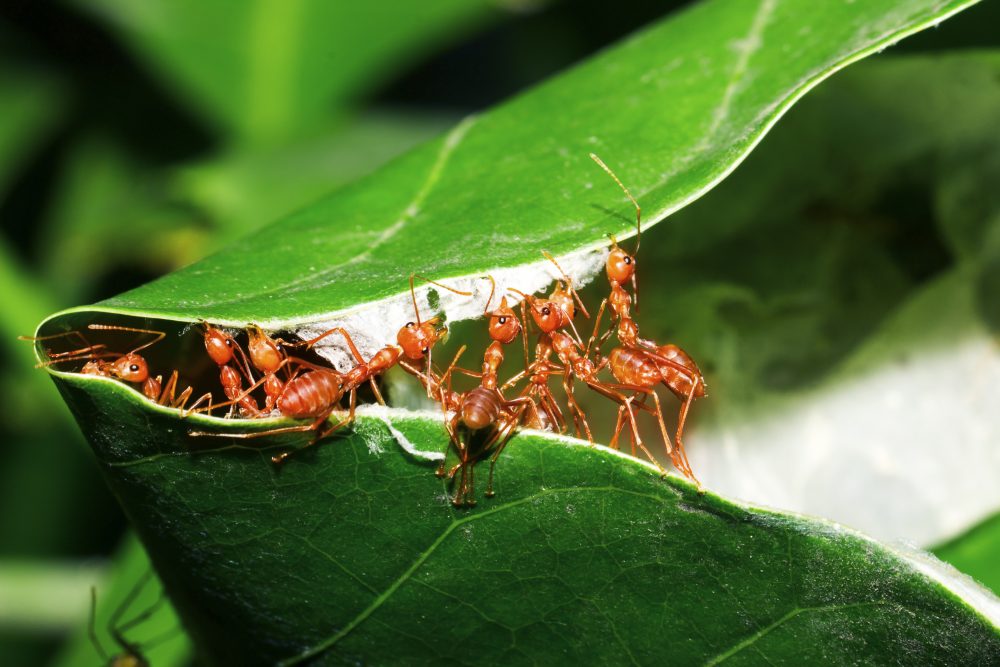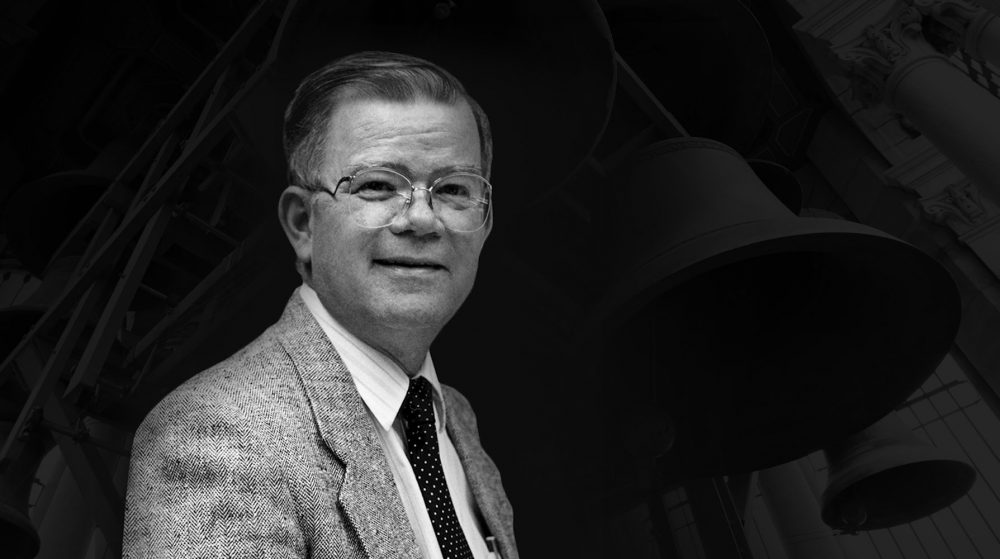
Orphan Proteins Spell Trouble for AlphaFold 2
On this ID the Future, philosopher of biology Paul Nelson further explores AlphaFold 2, a cutting edge computer program from Google’s DeepMind designed to rapidly suss out important secrets in the realm of proteins, indispensable molecular biological workhorses that come in thousands of different shapes and sizes. Nelson enthuses about AlphaFold 2 but also explains why he is convinced that AlphaFold’s creators have hit a series of immovable obstacles. The watchword here—orphans. Tune in to learn what these mischievous orphan proteins are about, and what they suggest for AlphaFold, evolution, and intelligent design.

